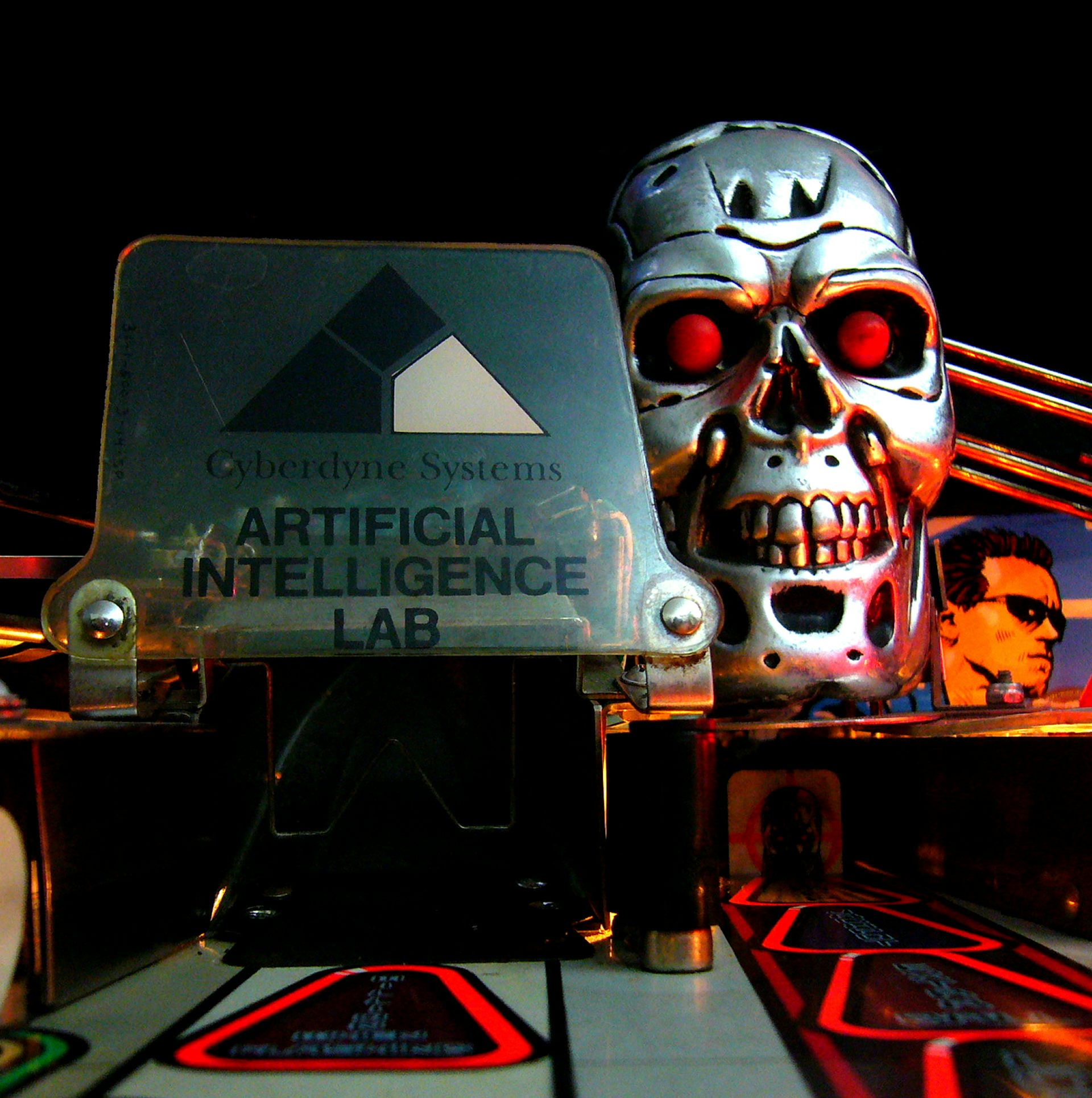
Music, after all, has a deeply mathematical structure you can train a machine to produce harmonics. Then, of course, there’s the other side of the debate.

“If you try to strangle a skylark / to cut it up, see how it works / you will stop its heart from beating / you will stop its mouth from singing.” A human musician wrote that a machine might be able to string words together that are happy or sad it might even be able to conjure up a decent metaphor from the depths of some neural network-but could it understand humanity enough to produce art that speaks to humans?

Creativity seems fundamentally human.īut I think above all, we view it as reductionist sacrilege: to dissect beautiful things. We are told that creative jobs are the least likely to be automated. Very often, our intense personal and emotional attachments to music are because it reminds us of our shared humanity.

Birds can sing, and people can compose symphonies. How much of what we consider to be fundamentally human can be reduced to an algorithm? Can we create something sufficiently advanced that people can no longer distinguish between the two? This, after all, is the idea behind the Turing Test, which has yet to be passed.Īt first glance, you might think music is beyond the realm of algorithms. As artificial intelligence advances, we’re encountering the same old questions.


 0 kommentar(er)
0 kommentar(er)
